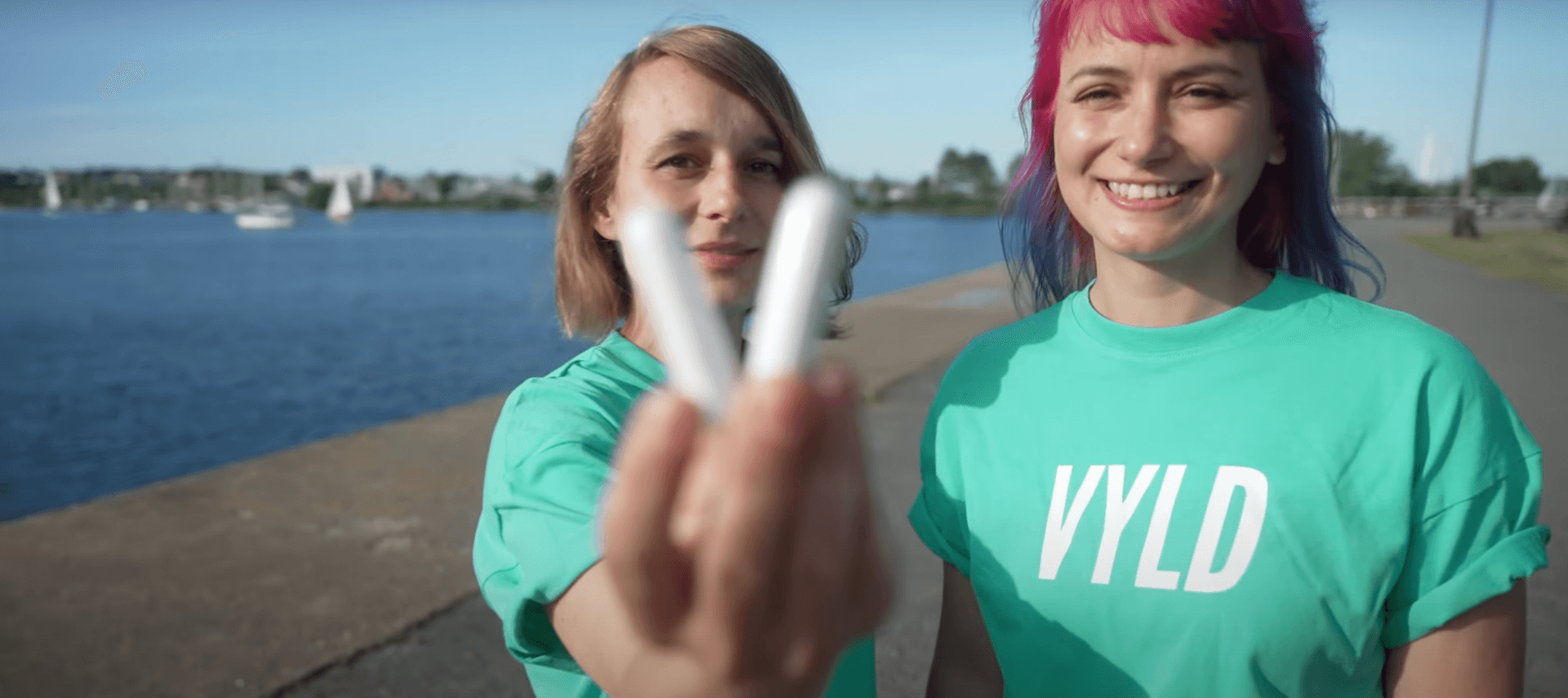ImpactAlpha, January 23 – Ines Schiller and Melanie Schichan had a vision to strengthen the circular economy with sustainable hygiene and care products. The founders of German biotech startup Vyld are making seaweed tampons and compostable algae diapers.
What sets them apart is their commitment to retaining ownership, and their mission, as they grow: Vyld uses a steward ownership model to align profits with its purpose.
The women-led company has raised early funding to support its product research and development through a profit-sharing agreement rather than a standard equity round.
Impact incentives
Schiller and Schichan launched Vyld in 2021 as a traditional German limited liability company. In its first round of investor funding, its investment terms included a commitment to convert to a steward-ownership structure. Purpose Foundation, an organization that supports steward-ownership adoption, holds 1% of the company’s shares to ensure its ongoing mission alignment.
“The central question for us was how we wanted to approach ownership, power and financing,” said Schiller. The company sees them as a means to an end. “It just doesn’t make sense to produce a great, sustainable product, but then have an exploitative company structure and culture.”
The founders need equity-like financing, especially at the pre-revenue stage, because of their business’s capital intensive R&D and product testing and commercialization. Vyld’s new round of funding includes a structured exit, paying investors a fixed rate of return through the company’s eventual profits.
Schiller and Schichan designed the structure and terms to counter “old narratives” and “legacy logic” around business growth and profitability.
“If we decide to choose a path within the planetary boundaries,” said Schiller, “we have a chance to realize a regenerative economy, with fair returns for all stakeholders involved.”











